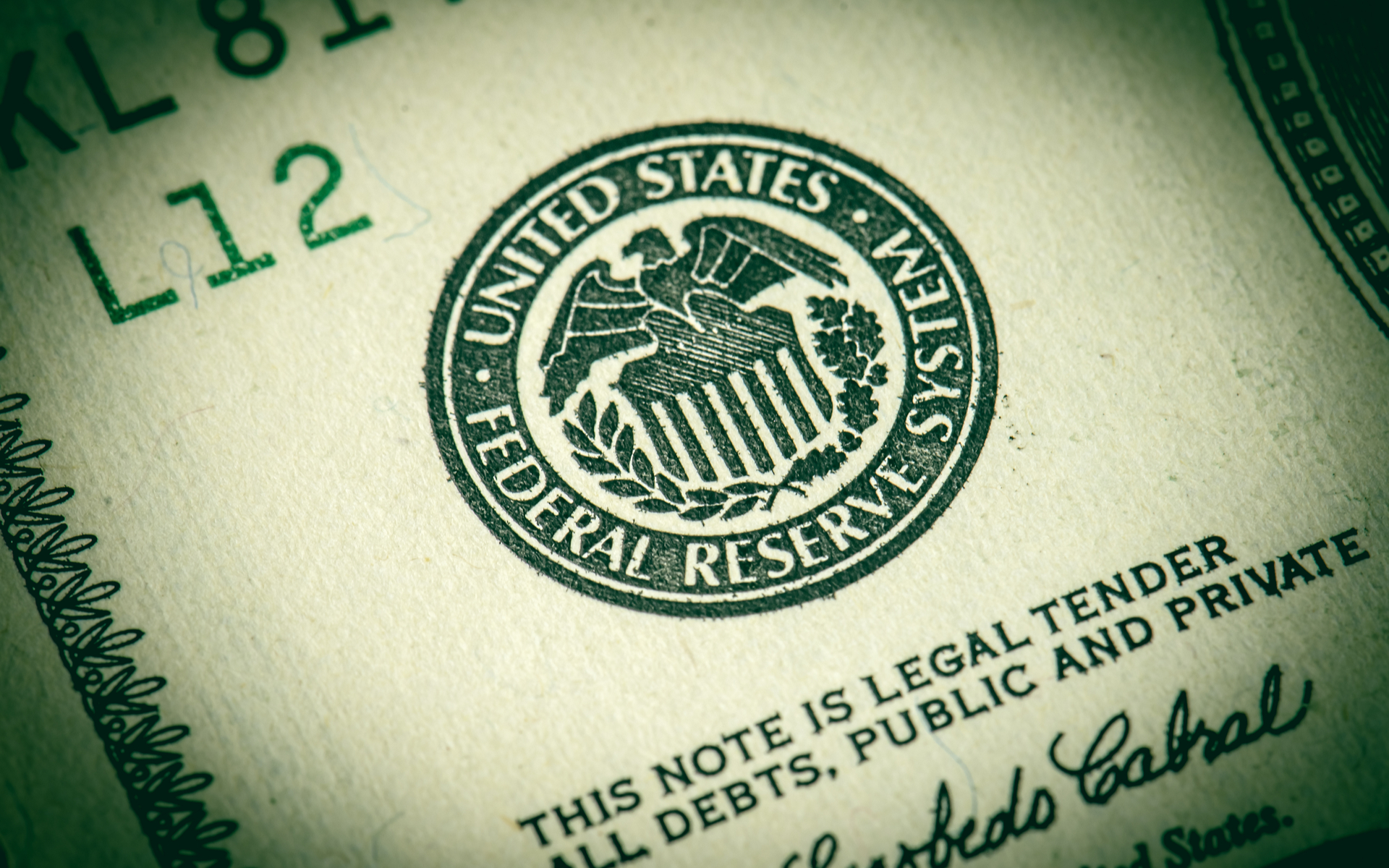PALO ALTO, Calif. (Reuters) - The Federal Reserve is taking a look at a broad range of concerns around digital payments and currencies, consisting of policy, design and legal considerations around potentially providing its own digital currency, Guv Lael Brainard said on Wednesday. Brainard's remarks recommend more openness to the possibility of a Fed-issued digital coin than in the past." By transforming payments, digitalization has the potential to deliver greater value and convenience at lower expense," Brainard stated at a conference on payments at the Stanford Graduate School of Company.
Reserve banks globally are discussing Click for more info how to handle digital financing technology and the dispersed ledger systems utilized by bitcoin, which assures near-instantaneous payment at possibly low cost. The Fed is developing its own round-the-clock real-time payments and settlement service and is presently evaluating 200 comment letters sent late in 2015 about the proposed service's design and scope, Brainard stated.
Less than two years ago Brainard told a conference in San Francisco that there is "no engaging showed need" for such a coin. But Discover more that was prior to the scope of Facebook's digital currency aspirations were commonly understood. Fed authorities, consisting of Brainard, have raised issues about consumer protections and information and privacy dangers that could be posed by a currency that could enter into usage by the 3rd of the world's population that have Facebook accounts.

" We are collaborating with other reserve banks as we advance our understanding of reserve bank digital currencies," she stated. With more nations looking into releasing their own digital currencies, Brainard said, that includes to "a set of reasons to likewise be ensuring that we are that frontier of both research study and policy advancement." In the United States, Brainard stated, problems that require study consist of whether a digital currency would make the payments system more secure or simpler, and whether it might pose monetary stability threats, consisting of the possibility of bank runs if cash can be turned "with a single swipe" into the main bank's digital currency.
To counter the monetary damage from America's extraordinary national lockdown, the Federal Reserve has actually taken extraordinary steps, consisting of flooding the economy with dollars and investing straight in the economy. Many of these moves got grudging approval even from lots of Fed skeptics, as they saw this stimulus as needed and something just the Fed might do.
My new CEI report, "Government-Run Payment Systems Are Risky at Any Speed: The Case Versus Fedcoin and FedNow," details the threats of the Fed's present strategies for its FedNow real-time payment system, and propositions for central bank-issued cryptocurrency that have been dubbed Fedcoin or the "digital dollar." In my report, I talk about concerns about privacy, data security, currency control, and crowding out private-sector competitors and development.
Advocates of FedNow and Fedcoin state the federal government needs to develop a system for payments to deposit quickly, instead of encourage such systems Discover more here in the economic sector by raising regulative barriers. But as kept in mind in the paper, the private sector is providing a relatively unlimited supply of payment technologies and digital currencies to fix the problemto the extent it is a problemof the time gap in between when a payment is sent and when it is received in a savings account.
And the examples of private-sector development in this area are numerous. The Clearing House, a bank-held cooperative that has actually been routing interbank payments in numerous types for more than 150 years, has actually been get more info clearing real-time payments considering that 2017. By the end of 2018 it was covering 50 percent of the deposit base in the U.S.